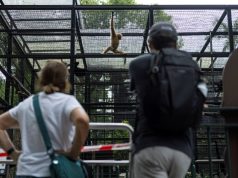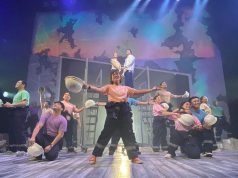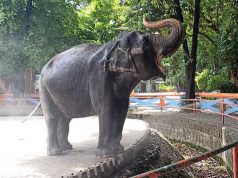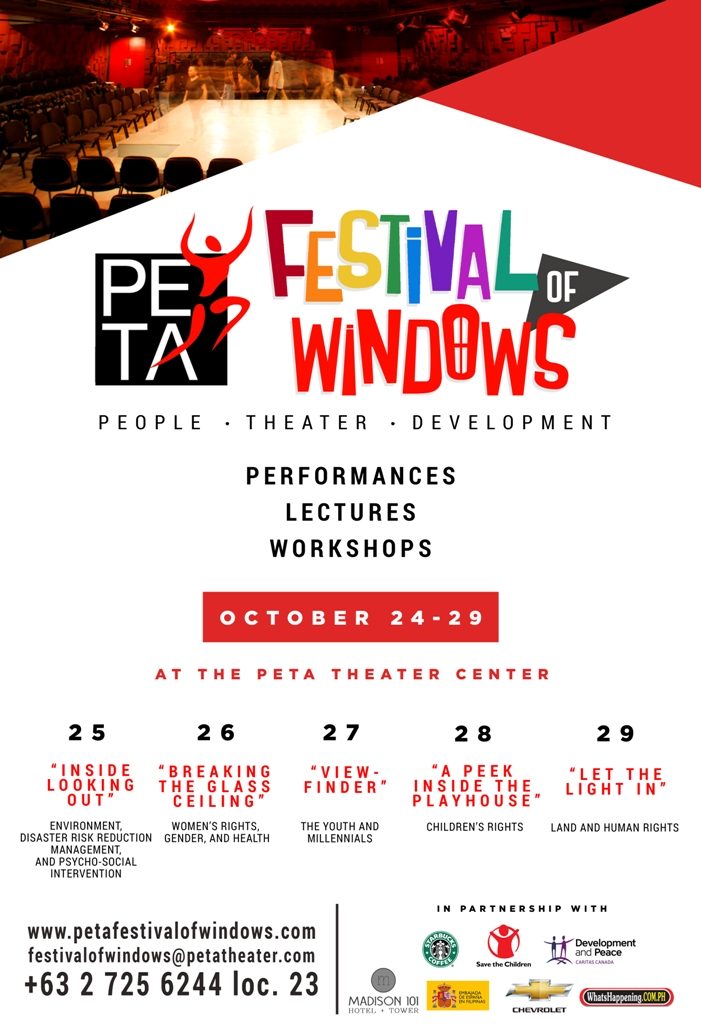
As part of its golden year anniversary, the Philippine Educational Theater Association (PETA) is staging the week-long Festival of Windows happening on October 24 to 29 at PETA Theater Center and other locations.
The festival highlights the theater company’s advocacy campaigns in the last 50 years, and is peeking into new windows of opportunities for the role of arts in development as the group moves forward in the coming years.
Queng Reyles, PETA’s program director and one of the festival directors said, “The Festival of Windows is a big part of PETA’s 50th anniversary celebration. In this festival, we will showcase and give highlight to PETA’s work in the area of development.
“Why Festival of Windows? Because we thought that we will be opening different windows and advocacy work of PETA—opening the windows of the past to look at history of theater for development of PETA and its partners; looking at the window of the present, what’s happening now, the challenges that cultural workers I nthe area of development are encountering; and looking at the different possibilities of theater for development in the future.”
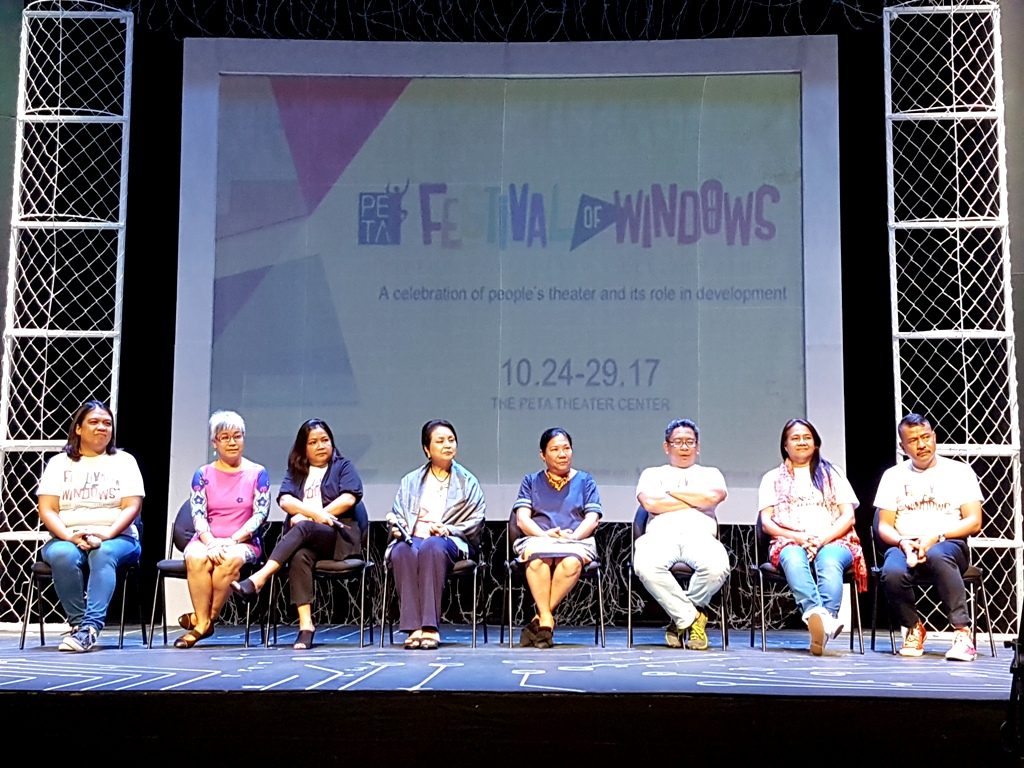
The week-long festival will showcase 13 performances from Metro Manila, Luzon, Visayas, and Mindanao; five (5) performances from Cambodia and Thailand ; five (5) lecture-performances; 12 workshops; and 46 huddles. It will gather 150 artists and performers; 50 experts and speakers; and 200 official delegates coming Japan, Hong Kong, India, Taiwan, Thailand, and Cambodia.
The performances, lectures, and huddles reflect some of the theater company’s advocacy in children rights; women; gender; health and sexuality; youth and the millennials; environment and disaster risk reduction; and human rights.
Apart from the best advocacy plays of PETA, participants of the festival get to watch groups including the DagwaySigmahanon of Sigma Capiz; Tanghalang St. Louis University of Baguio City; Phare Ponleau Selpak of Cambodia; Crescent Moon of Bangkok, Thailand; and Wandering Moon of Chiangmai, Thailand.
PETA’s president, Cecilia Garrucho said, “We intend for this festival conference not to be the common conference that everyone attends. It’s going to be alive, dynamic, and we want to hear especially what the young people want to say.”
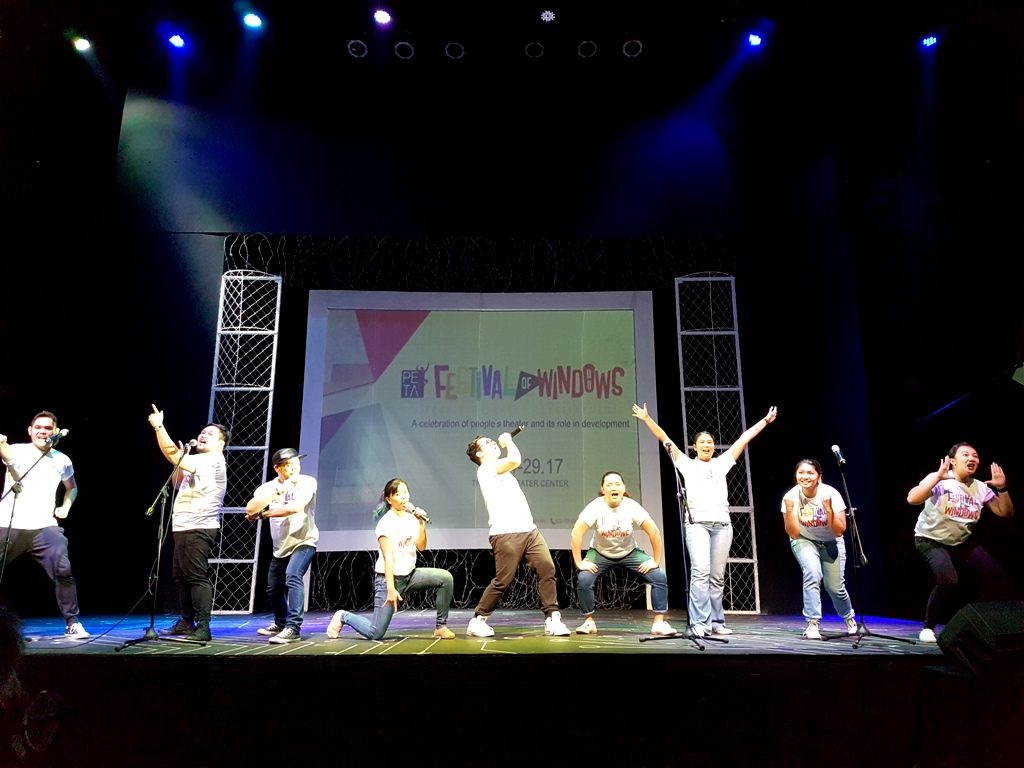
Art for development
In its five decades of being the “People’s Theater,” PETA remains committed to “empowering individuals through the arts” through cultural works with different groups and communities.
PETA’s artistic director Maribel Legarda shared, “The festival also focuses on the other aspect of PETA’s work, which is very important—our education work; it’s our organizing work. A lot of people perhaps don’t know that this is half of what PETA does. As artists, we learn; we perform; we really go out in the community; we learn from them; and then we bring that back on stage.
“I hope within those five days, the audience would be able to see that part of our work. We are interested in sharing it to other people because I’m sure there are those who wanted to create their own advocacy, and I hope that would be our platform to share how we use theater to advance our advocacies.”
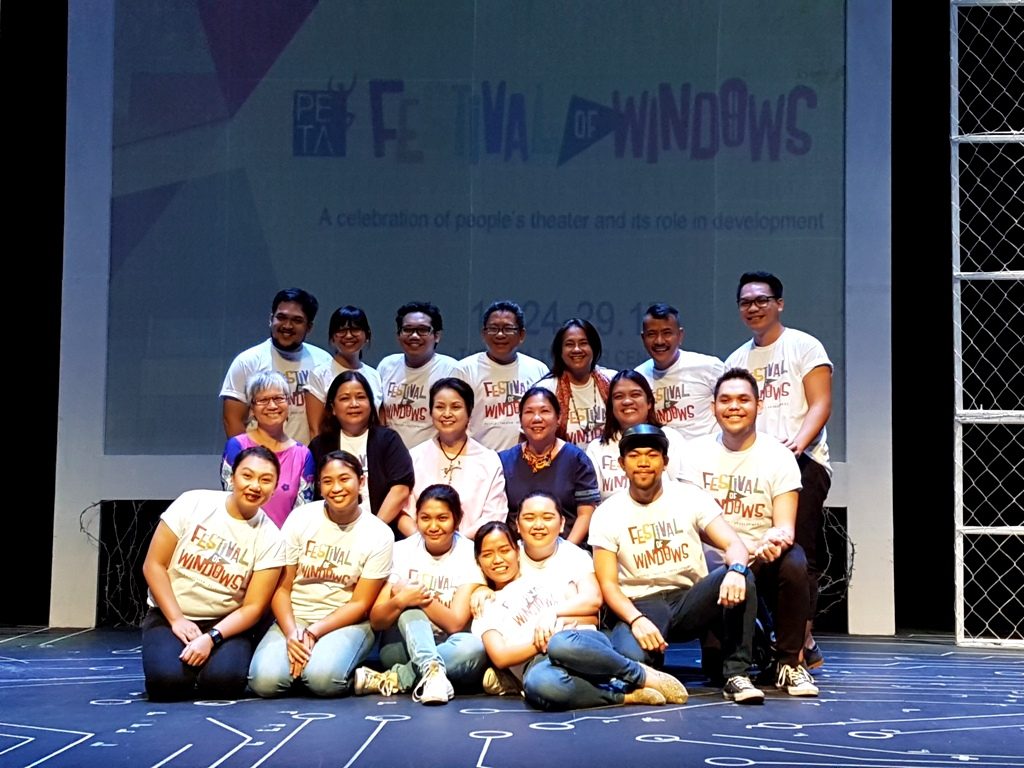
PETA 50 years and beyond
In recognition of the theater company’s efforts for decades, PETA was bestowed the 2017 Ramon Magsaysay Awards.
“This festival of windows is the very reason that PETA got the Ramon Magsaysay award for; that we used theater for social development issues..We are thankful for the award because that highlighted that part of our work which is so least known.
Theater cannot be just a dance and show with nothing to do with our people’s lives. Given that it costs to produce theater, now, what you produce must have something to say with the Filipinos’ lives. That’s how we are; it has to be relevant to the people but at the same time, it has to be entertaining because it has to delight right?” Garrucho said.
While PETA has come a long way since its founding in 1967 with over 400 original Filipino productions staged, numerous workshops conducted locally and internationally, the theater company aims to push for its cultural work despite major challenges like lack of funding.
“That has always been the challenge—that there’s no funding, there’s (limited) support. As audience, come; come, and watch the show. If you’re a school owner, send your kids over,” Garrucho encouraged.
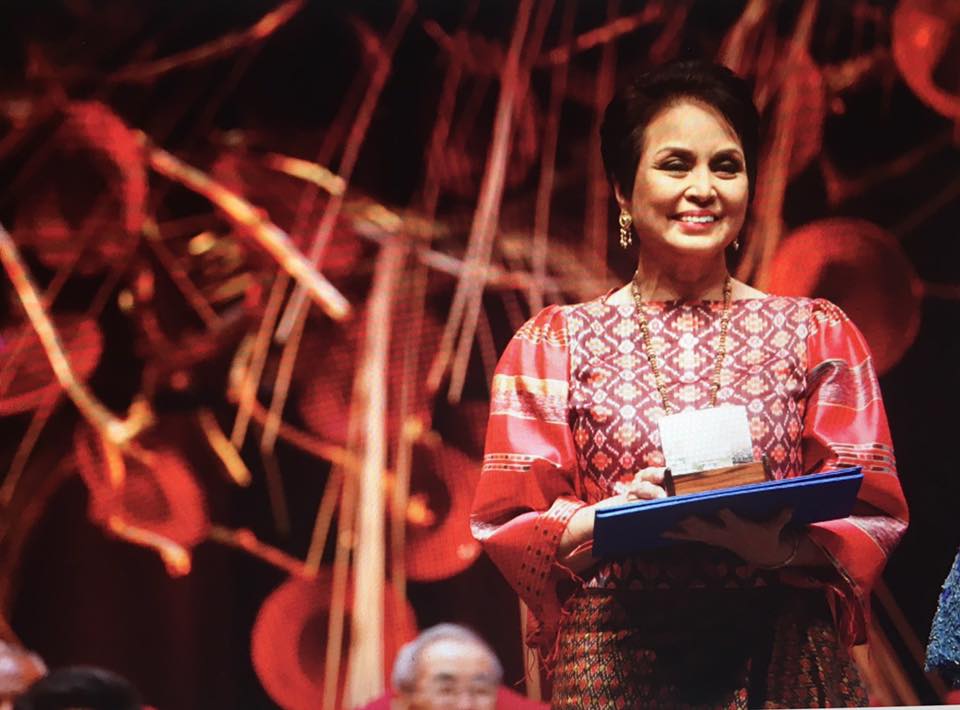
Garrucho also shared that the organization continues to work towards achieving its vision of having every public school student, and each and every young person in every baranggay would have access to theater
“The vision of PETA is just so large that it’s impossible to think, to even accomplish it in our lifetime. It’s just impossible so we’re banking on the generations (to come),” she said.
Along with this vision is the openness to exchanging ideas and learning new methods to present their craft.
“What we did in the 1970’s and 1980’s might not be applicable to the present times, so we have to be always on our toes. If we were to use theater to advocate important things in our lives, while the vision stays the same, it’s the methods that have to be more and more creative,” Garrucho concluded.
For the complete list of the festival schedule, visit www.petafestivalofwindows.com or call +(632) 7256244, or e-mail festivalofwindows@petatheater.




